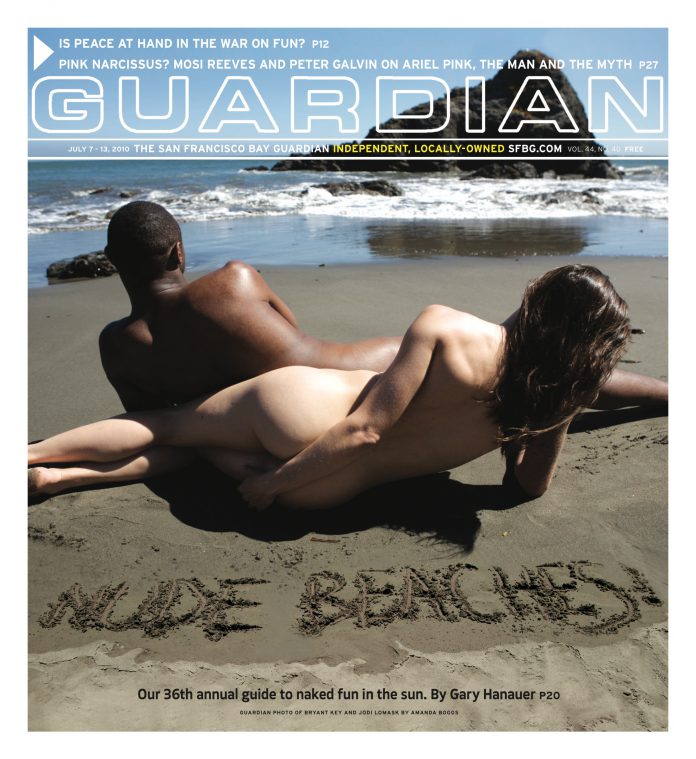arts@sfbg.com
FILM On the night of June 28, 1969, police embarked on what they thought would be a routine raid on a gay bar in New York’s Greenwich Village, the sleazy, Mafia-run Stonewall Inn. The ensuing three days of rioting — during which mostly young men and drag queens accustomed to being marginalized and hauled off to jail stood their ground and fought back — became what historian Lillian Faderman has called “the shot heard round the world” for LGBT activism: a spontaneous expression of street-level outrage that fueled the birth of a movement.
Kate Davis and David Heilbroner’s solid documentary Stonewall Uprising takes a “just the facts, ma’am” approach to this historic flashpoint that makes for an information-packed, if at times dry, 80 minutes. Working around the paucity of photographic documentation of the actual riots (itself a testament to the marginalization of homosexuality in the late 1960s), Davis and Heilbroner make extensive use of period news footage and photography, reenactments, and most important, the first-person testimonies of who those who witnessed and participated in what one interviewee terms “our Rosa Parks moment.”
And what damning facts they are. Stonewall Uprising is most effective in its first half, when it vividly conveys the demonization and oppression queers regularly faced at a time when homosexuality was illegal in every state except Illinois. In one excerpted clip from a 1966 CBS investigative report that I’m sure Mike Wallace would just as soon have stricken from the record, the news anchor states matter-of-factly: “The average homosexual, if there be such, is promiscuous.” In another clip, a Florida detective sternly warns a gym full of middle school students that should any of them act on their same-sex desires, “you will be caught.”
Davis and Heilbroner’s contextual groundwork is as impressive for its archival research as it is repetitive in its message: pre-Stonewall life was hell. The documentary becomes more nuanced as it zeros in on reconstructing the first night of rioting via eyewitness accounts. Howard Smith and Lucian Truscott IV, journalists for the Village Voice whose offices were nearby, remember fearing for their lives when they found themselves barricaded inside the bar with the police. But it is former police deputy Seymour Pine who emerges as the night’s unofficial antihero, having ordered his officers to hold their fire to prevent unnecessary bloodshed. Pine’s interview — as much a mea culpa as a performance of self-assurance by an elderly man that he is on the right side of history — is Stonewall Uprising‘s true revelation.
STONEWALL UPRISING opens Fri/9 in Bay Area theaters.

